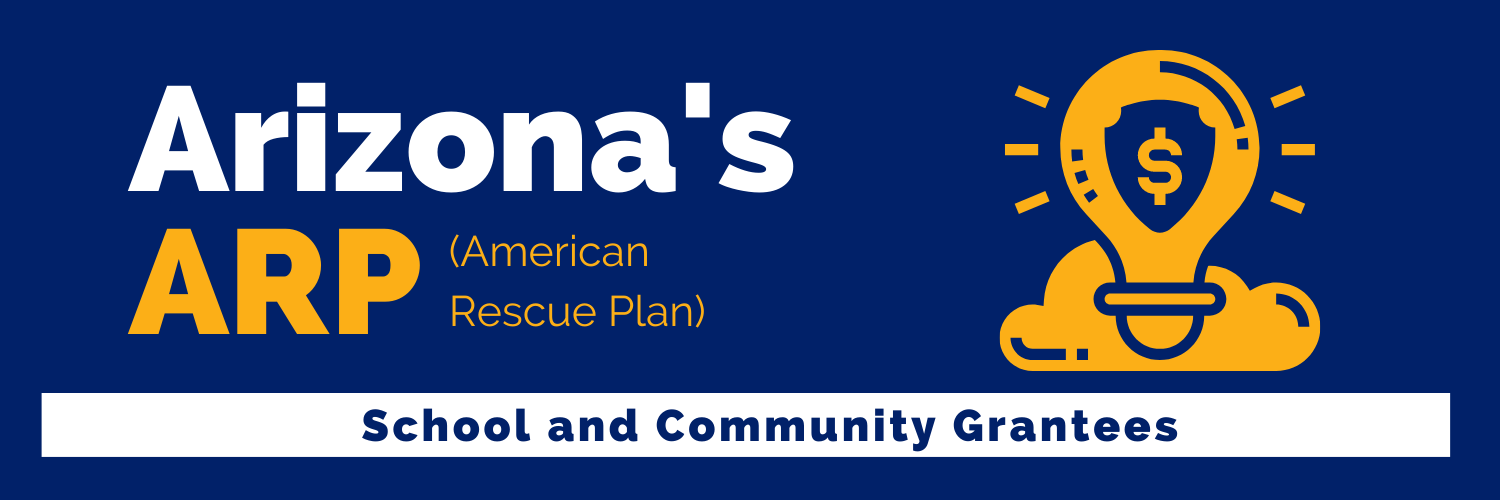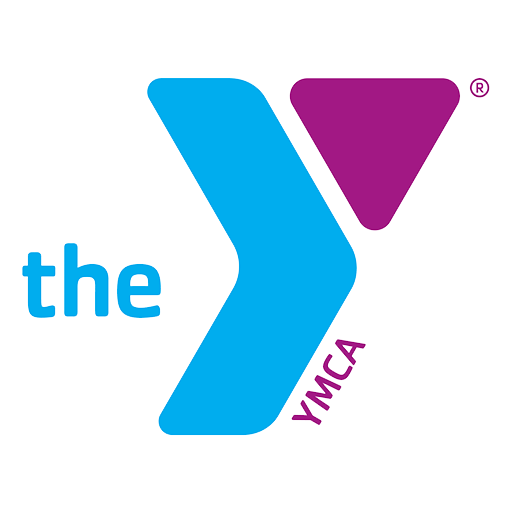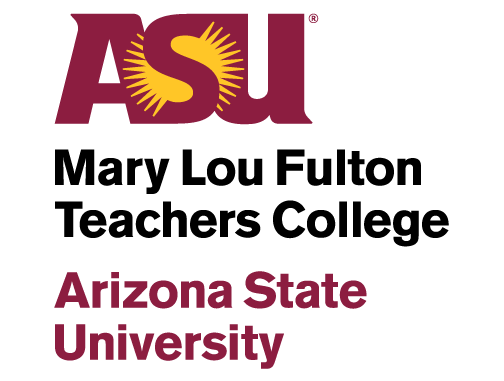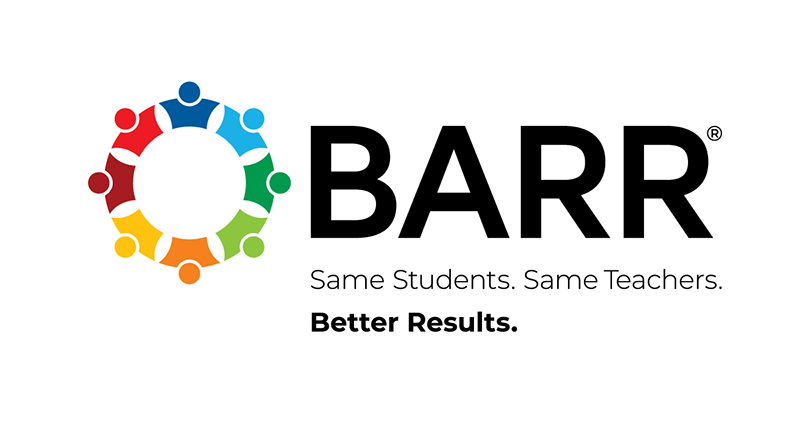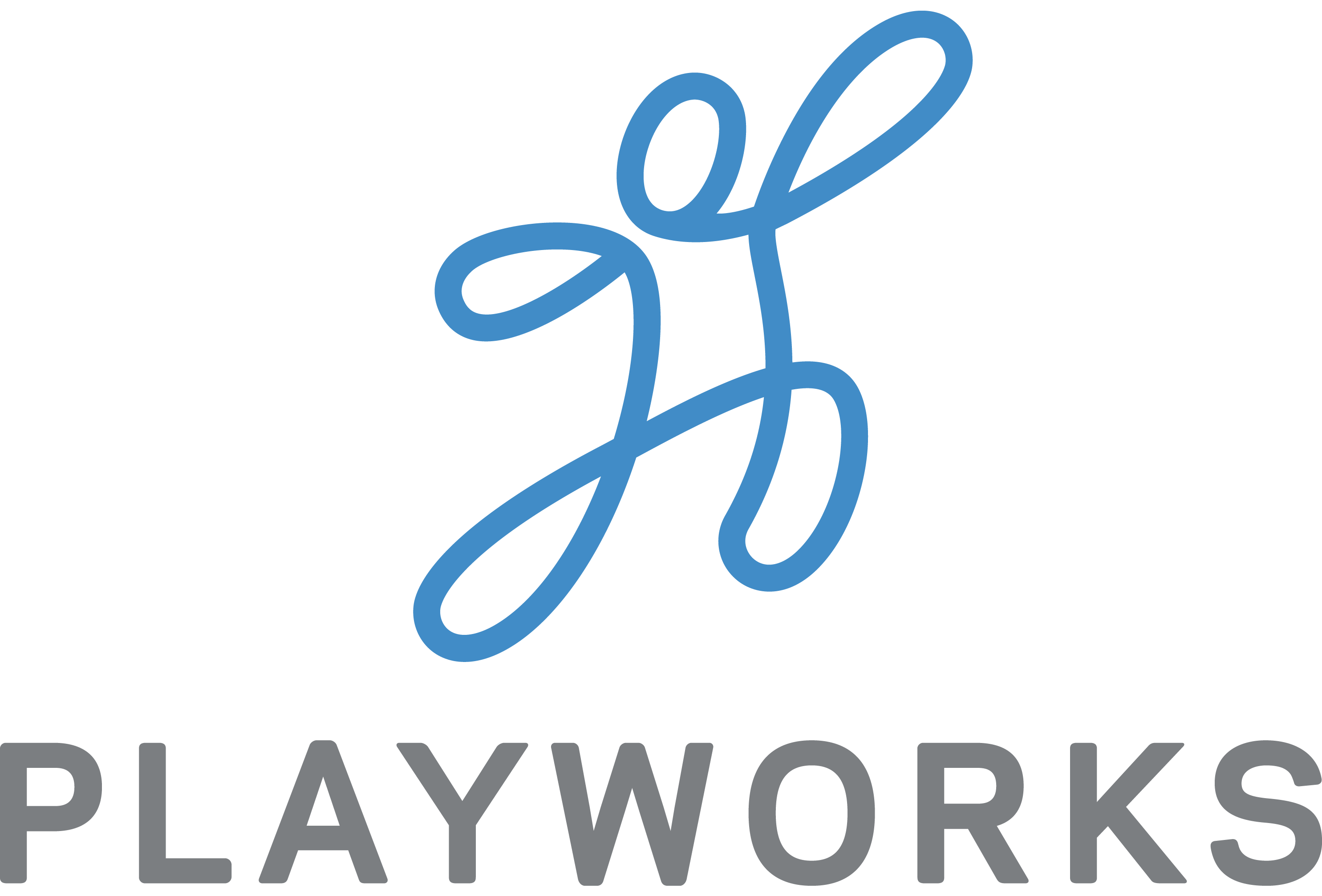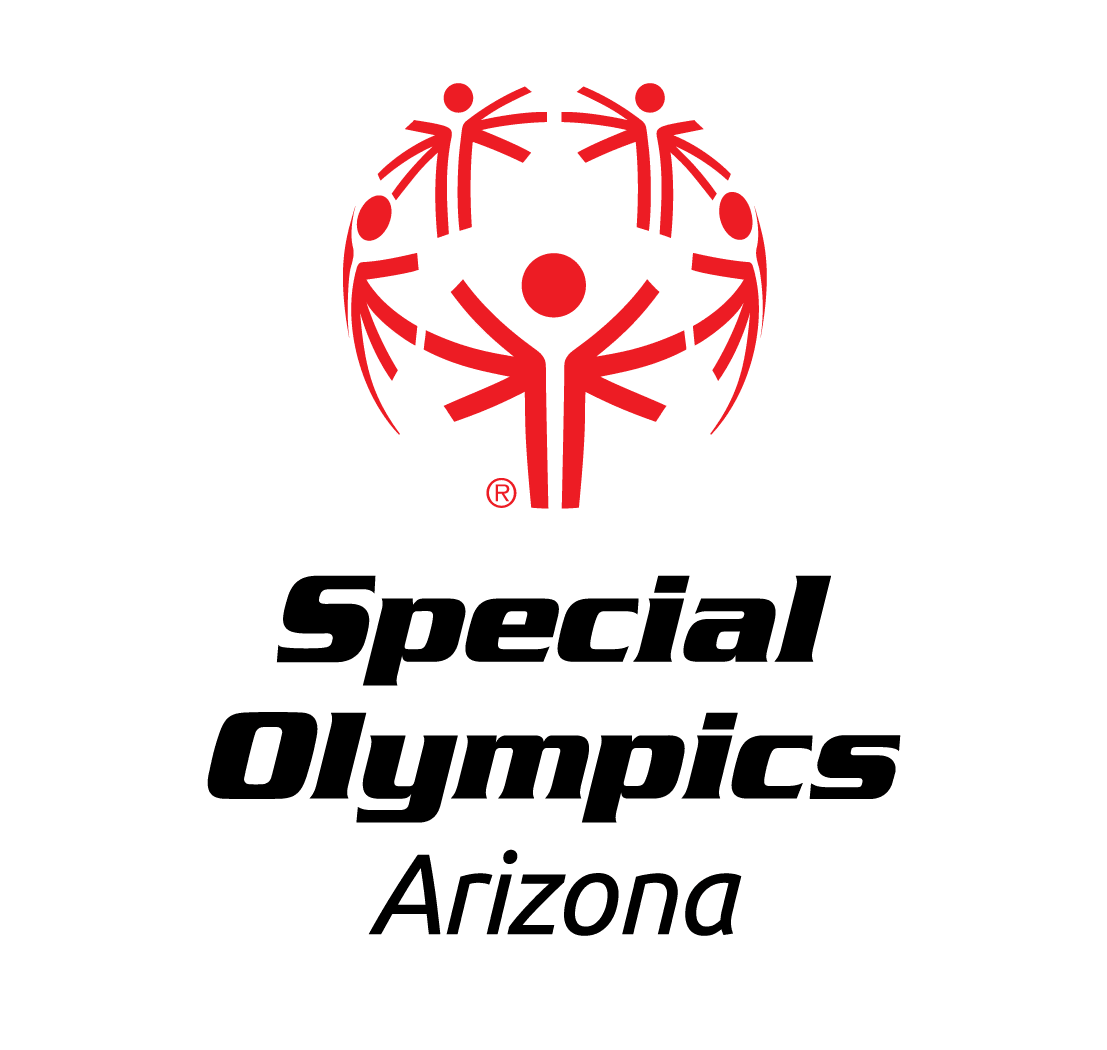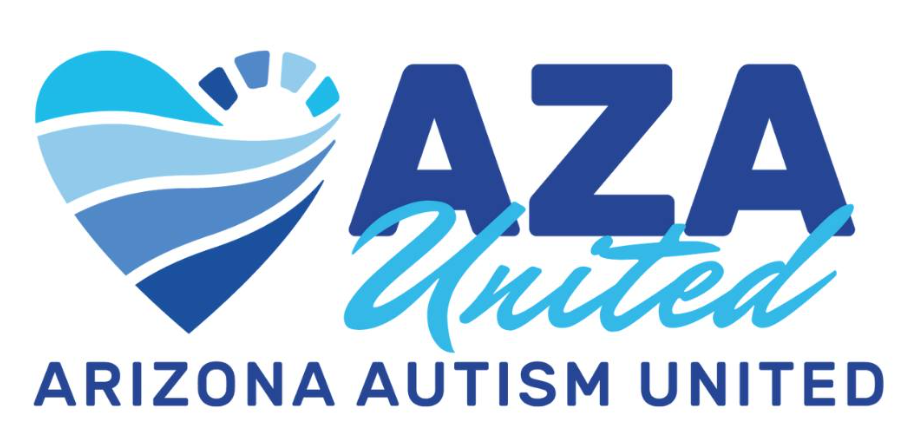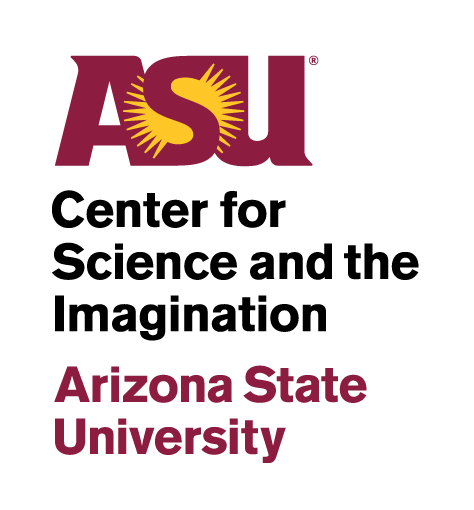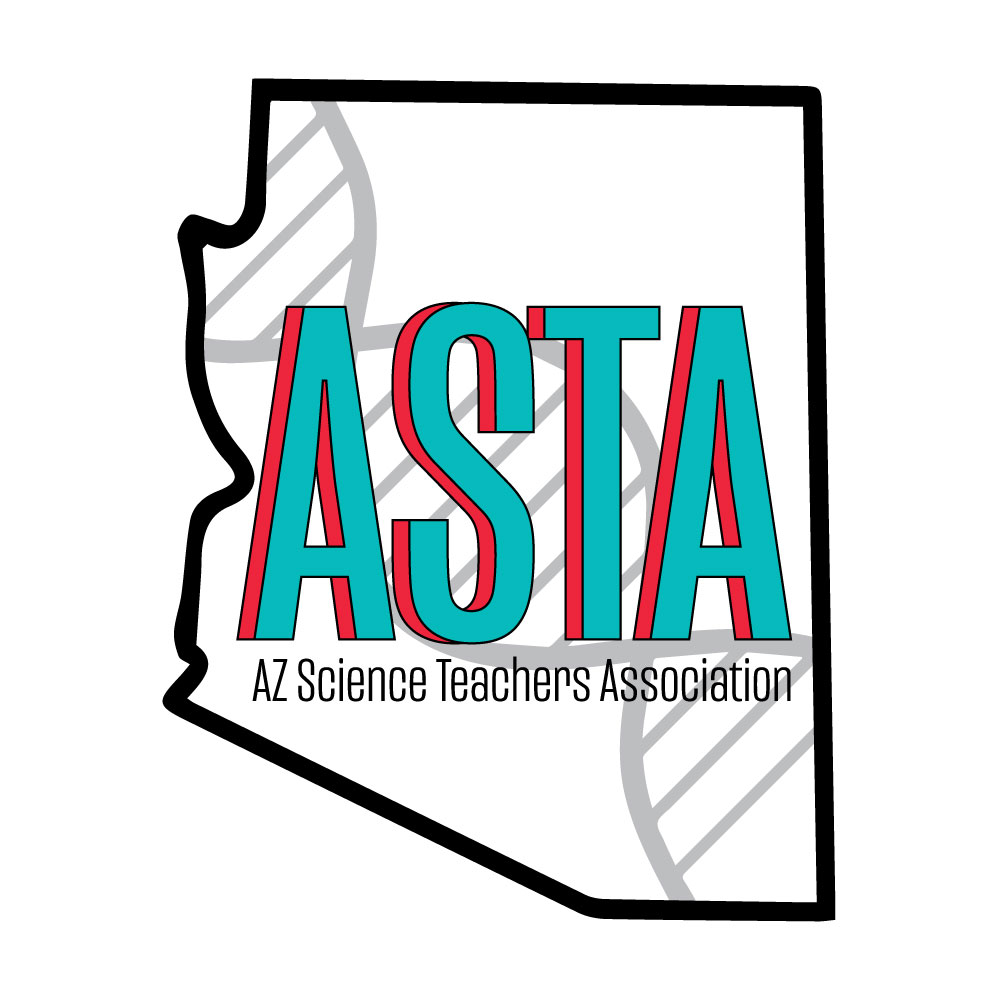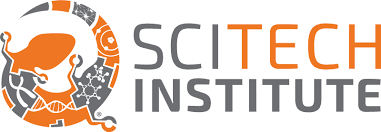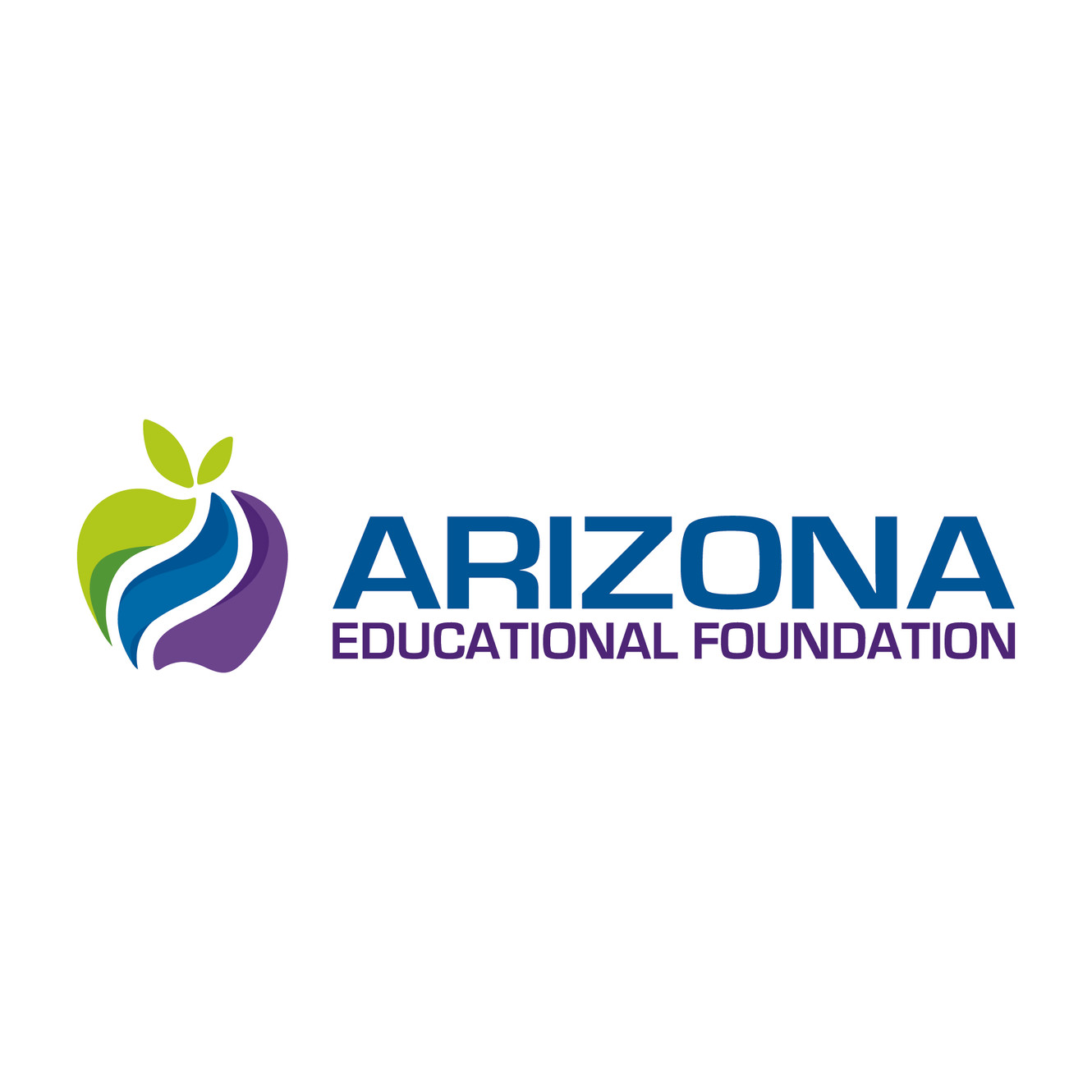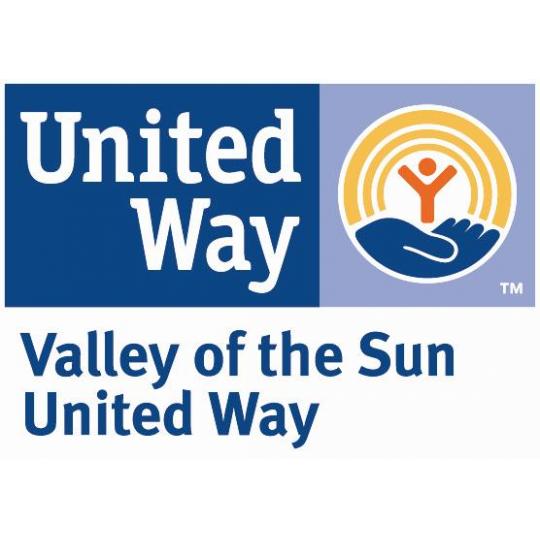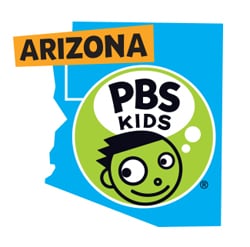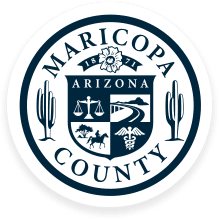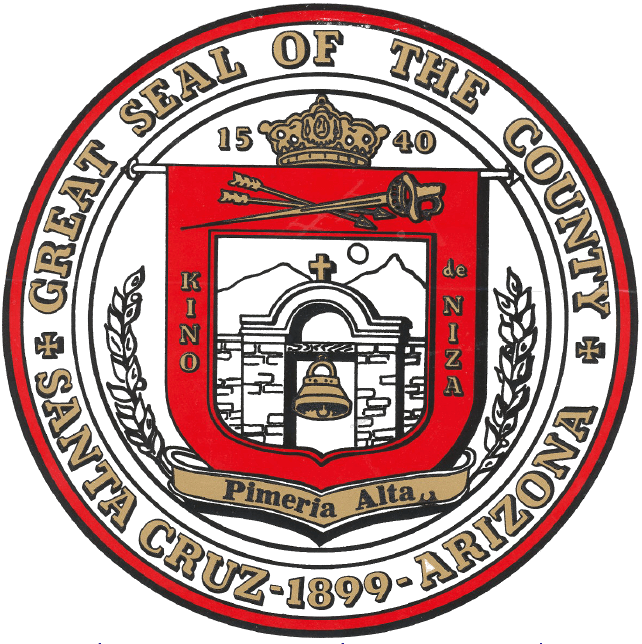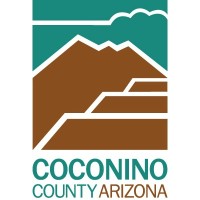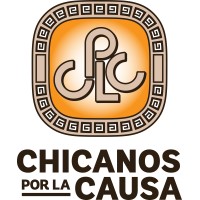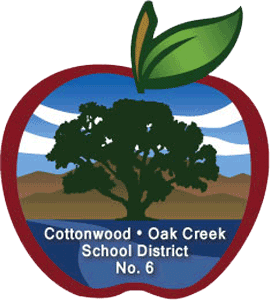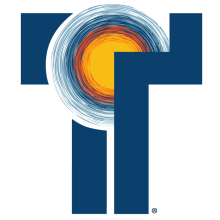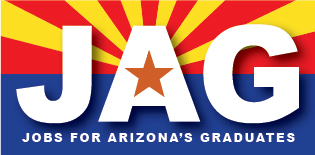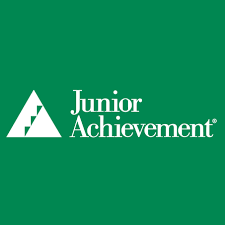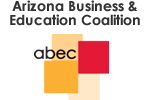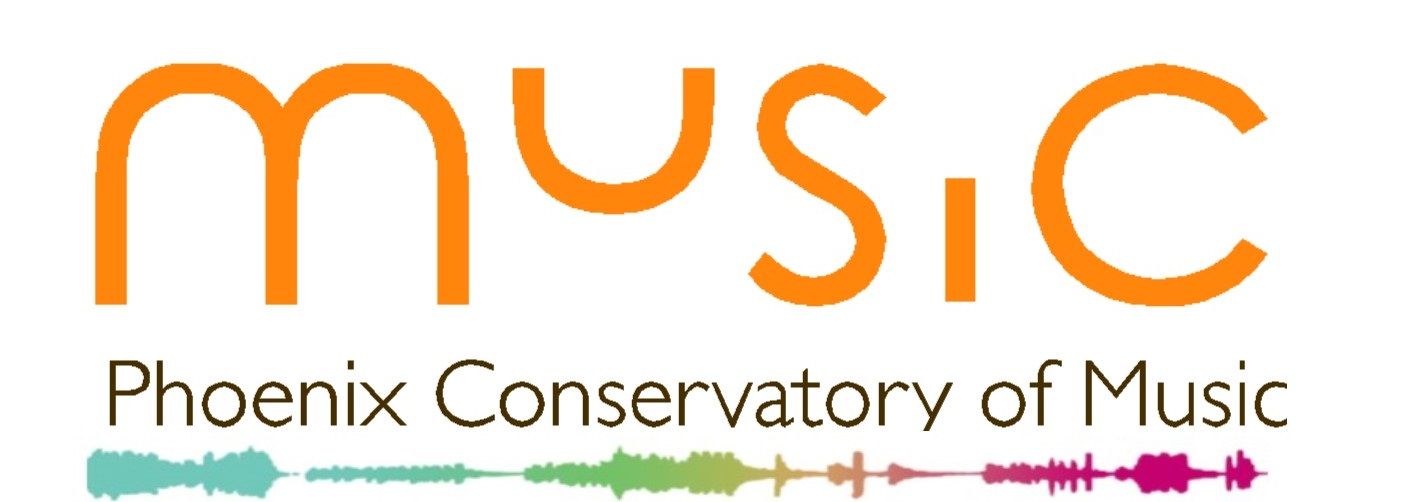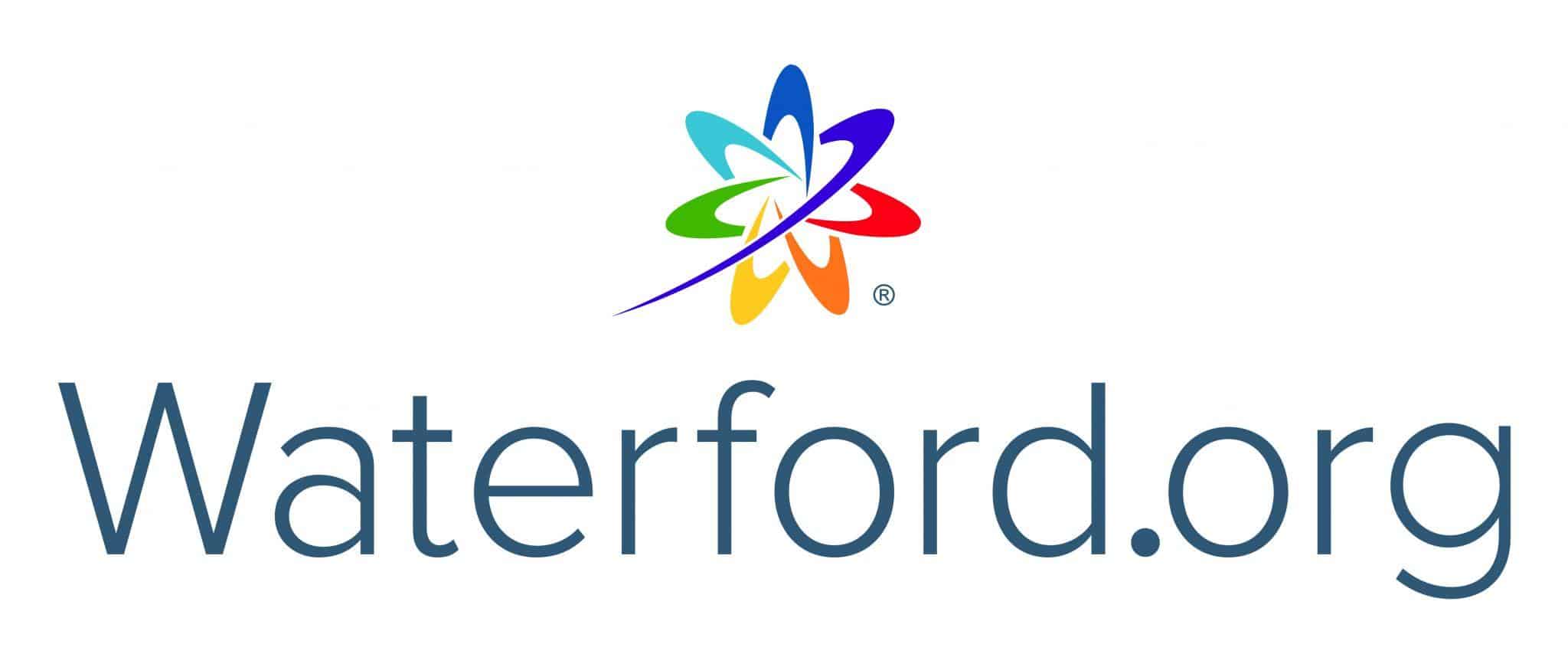American Rescue Plan
The Arizona Department of Education is proud to announce the awardees of our competitive grant process for the ADE set aside funds from the American Rescue Plan passed by President Biden in 2021. The awardee applications went through the rigorous state procurement process. All funded projects share the goal of supporting schools, students, educators, and families as they recover from the effects of the pandemic.
You can view all of the investments made with federal recovery dollars by visiting our ADE ESSER Set Aside Funds page.
Addressing Students' Physical and Mental Wellbeing
Valley of the Sun YMCA will receive $3 million to support the mental, physical, and behavioral health needs of students and educators, by providing memberships and expanding services such as diabetes prevention and sports programming. Program Name: YMCA Healthy Living Programs Point of Contact: Jenna Cooper, [email protected] | |
ASU’s Mary Lou Fulton Teachers College will receive $2.8 million to implement Play On! Designed to offer after-school enrichment at fourteen elementary schools in Mesa Public Schools, the program promotes mental and physical health through active and inclusive games. | |
notMYkid will receive $2 million to expand its mental and behavioral health services to 50,000 youth, parents, caregivers, and school faculty. These services will focus particularly on serving Title-I schools, LGBTQ youth, and low-income students and their families. Program Name: [i]nspired – Prevention & Behavioral Health Point of Contact: Dawna Allington, [email protected] | |
The BARR Center will receive $2 million to implement the BARR (Building Assets, Reducing Risks) model in selected schools. The BARR model allows K12 staff to better understand and build on students' strengths, proactively address the non-academic reasons a student may be falling behind in school, and identify which resources they need to thrive. Program Name: BARR Model Point of Contact: [email protected] | |
Playworks Ed Energized will receive $1.5 million to promote socialization skills and independent conflict resolution proficiency through gameplay. The dollars granted to Playworks will be used towards expanding their services to more Title-I schools in Arizona. Program Name: Playworks Arizona Point of Contact: Kerryann Tomlinson, [email protected] | |
Mindfulness First will receive $879,000 to expand services to schools providing supportive, age-appropriate mental health education to help students regulate their reactions to stress and prepare them to thrive academically. Program Name: K-12 Trauma, Mindfulness, and Social-Emotional Learning Programming for Students and Staff Point of Contact: Sunny Wright. [email protected] |
Supporting Students with Disabilities
Special Olympics Arizona will receive $1.4 million to expand its Unified Champion Schools program. Unified Champion Schools is a strategy to activate youth, engage educators, and promote acceptance and inclusion in school communities. Program Name: Unified Champion Schools Point of Contact: Payton Bergmann, [email protected] | |
Arizona Autism United will receive $300,000 to expand its speech and language therapy services for children with developmental disabilities throughout Maricopa County. Program Name: Arizona Autism United’s Speech & Language Services Expansion Point of Contact: Paulina Tiffany [email protected] and Shelly Grant [email protected] |
Funding STEM Education
ASU Center for Science and Imagination will receive $10 million for Project ASAP (Arizona STEM Acceleration Project) to reimagine Arizona’s STEM education ecosystem and prepare teachers to deliver high-quality, hands-on STEM activities by providing professional development opportunities, as well as the time and materials needed to update classroom curriculum. Project Name: Arizona STEM Acceleration Project Point of Contact: Ruth Wylie, [email protected] | |
Arizona Science Teachers Association will receive $2.1 million to assist K-12 teachers by providing instructional and curriculum resources and professional development for high-quality, relevant science learning. Program Name: A Deeper Dive Program Point of Contact: Sara Torres, [email protected] | |
SciTech Institute will receive $620,000 to expand experiential STEM opportunities in Title-I schools with the goal of connecting more than 25,000 students statewide. Project Name: Enhancing student STEM Learning through youth leadership and digital career exploration Point of Contact: Kelly Greene, [email protected] | |
Arizona Educational Foundation will receive $560,000 for its teachSTEM initiative, which helps address gaps in STEM access while inspiring the next generation of educators. Program Name: teachSTEM Point of Contact: Dr. Teresa Hill, [email protected] |
Supporting Literacy Programs
Valley of the Sun United Way will receive $10 million for Project CALL: Collaborating to Accelerate Literacy and Learning. VSUW will work with Read on Arizona and other community partners to reduce learning loss and increase summer and out-of-school time learning for students and families by establishing state and community-level literacy hubs. Program Name: Project C.A.L.L.: Collaborating to Accelerate Literacy and Learning Point of Contact: Dawn Gerundo, [email protected] | |
| Arizona PBS Educational Outreach will receive $961,000 to implement PBS Kids Super WHY Camp, an early literacy, evidence-based pre-kindergarten summer school transition program for 4- and 5-year-old students with little or no preschool experience in targeted low-income communities. | |
Childsplay AZ will receive $602,000 for its EYEPlay program, which prepares teachers to enrich literacy and language development for preschool students to transition to kindergarten.
|
Supporting Native American Students and Families
| The University of Arizona College of Education will receive $1.2 million for its Native student outreach, access, and resiliency (SOAR) program to establish a comprehensive multigenerational mentoring program that centers on the needs of Native students statewide through the P-20 education system. | |
| Akimel O'Otham Pee Posh Charter School will receive $598,000 to mitigate the impact of the pandemic on families residing in the Gila River Indian Reservation by providing high-quality books to establish home libraries for all enrolled preschool and kindergarten students. |
Supporting Local Education Recovery Efforts
| Maricopa County School Superintendent’s Office will receive $9.9 million for the Learning Acceleration Project, equipping teachers and school leaders with skills and tools to ensure all students, especially those with pandemic-related learning loss, can engage in grade-level learning. | |
Santa Cruz County Education Services Agency will receive $5.9 million for the Invest in Our Youth Project, representing a comprehensive initiative for our young children and youth that will address learning loss and the social and emotional stress resulting from the COVID-19 Pandemic. Project Name: Invest in our Youth Project Point of Contact: Chris Young, [email protected] | |
| Coconino County Education Services Agency will receive $4.8 million to support the Building Resilient Youth and Schools (BRYS) project. BRYS aims to equip educators and schools with the skillset required to address the multi-faceted mental and physical impacts of the COVID-19 pandemic directly correlated to a reduction in education effectiveness in youth. | |
| Cartwright Elementary School District will receive $2 million to support students using a three-pronged program. This will include structured play during recess to allow students to apply their social skills, improving behavioral outcomes. Cartwright will also provide home libraries to extend students' access to high-quality reading materials and resources to support math learning. | |
| Chicanos Por La Causa will receive $2 million to offer increased mental, behavioral, and physical health support to students. CPLC school sites will hire on-site counselors to address the immediate needs of students. | |
| Cottonwood-Oak Creek School District will receive $1.7 million to implement Academic Parent-Teacher Teams (APTT), a family engagement model grounded in the notion that schools can thrive when families and teachers work together as genuine partners to maximize student learning inside and outside of school. | |
| Avondale Elementary School District will receive $1.6 million to implement i-Ready Learning instructional resources district-wide. The strategies provided by i-Ready will give educators the tools they need to support student academic success in math and reading. | |
| City of Tempe Human Services Department will receive $1.3 million to provide college and career readiness support services to underrepresented middle and high school students who live or attend school in Tempe and the surrounding areas. Students will receive individualized college and career advising, Free Application for FAFSA completion assistance, and work-based learning opportunities, preparing students to achieve their postsecondary education and career goals. |
Increasing Career and Civic Learning In Schools
School Participatory Budgeting (SPB) will receive $1.1 million to engage elementary through high school students in learning democracy by influencing decisions that impact their lives and transform their school communities. The funding will enable CFA to significantly expand SPB across Arizona to serve many more students and school communities impacted by the pandemic. Points of Contact:
| Arizona Pathways to Prosperity (APTP) will receive $5.1 million to increase college and career readiness and opportunities for upward economic mobility for K-12 students. APTP provides quality career exploration and guidance, direct experiences in the workplace, and an early start on earning college credit that leads to a career-connected degree or credential in high-demand career fields. Points of Contact:
|
Supporting Career Development
Jobs for Arizona Graduates will receive $2 million, providing intervention to prevent disconnection from school, facilitate academic improvements and bring the community into the classroom to support career and college goals for Arizona students. Program Name: JAG Career and College Readiness & Middle to High School Transition Programs Point of Contact: Dianna Harrier, [email protected] | |
Junior Achievement of Arizona will receive $2 million for its premier career-readiness program, Junior Achievement Inspire. Middle and high school students across the state have the opportunity to connect with Arizona employers of all sizes and industries, explore hundreds of careers in their community, and begin forming the framework for their future career pathways. Program Name: JA Inspire Point of Contact: Jennie Clausen, [email protected] | |
Arizona Business Education Coalition will receive $1.1 million to assist students in grades 6-12 in making informed decisions regarding their education, bridge the gap between rigorous academics and relevancy to real work environments, and understand critical employability skills or credentials needed to succeed in the workforce. Project Name: ABEC’s Career Exploration & Development Project (ACED) Point of Contact: Deb Raeder, ABEC Vice President [email protected] |
Advancing Quality Teaching for English Learners
WestEd will receive $10 million for its Quality Teaching for English Learners (QTEL) program will engage cohorts of committed practitioners across Arizona in a multi-year systemic professional learning partnership model. Participating educators will increase their capacity to recognize, design, and implement rigorous, generative instruction for all students, accelerating learning and allowing them to reach their full potential. Project Name: Quality Teaching for English Learners Point of Contact: Jen Blitz, [email protected] |
Building capacity in rural Arizona
| ASU Mary Lou Fulton Teachers College will receive $7.3 million to systematically add capacity to Arizona's educator workforce by intentionally bringing trained and supported Community Educators into schools statewide, with a particular focus on rural areas. | |
Arizona Student Opportunity Collaborative will receive $6 million to fill curricular gaps for students and schools in rural Arizona. AZSOC hires highly qualified educators already serving in rural schools to teach other rural students across the state. AZSOC is in its third full semester of operations and this grant will help the project serve more rural students across the state. Program Name: Arizona Student Opportunity Collaborative Point of Contact: Glen Lineberry, AzSOC Executive Director [email protected] |
Supporting Students and Families
| Access ASU will receive $10 million to provide academic support services for first-generation and low-income students statewide in critical transition periods of middle school to high school and senior year to post-secondary. Access ASU will also provide student and family engagement services for elementary, middle, and high school students statewide and targeted high school foster youth support. | |
| Boys and Girls Clubs of the Valley will receive $3 million to implement its Whole Child Approach (WCA) program, helping alleviate social and emotional stress among children and youth. The program will be expanded to children ages 5-17 in Maricopa and Pinal Counties will have the opportunity to participate in activities that promote recovery by introducing and teaching developmental skills that reinforce success in school, work, and life. | |
Higher Ground Resource Center will receive $2.3 million to expand its Restart SMART community schools program. Higher Ground serves primarily low-income youth and families in the Tucson area through in-school, summer, and after-school programs that build life skills and provide critical multigenerational support. Program Name: Restart SMART Points of Contact: Jansen Azarias-Suzumoto, [email protected] OR Stephanie Codd-Anderson, [email protected] |
Increasing Access to High-Quality Extracurricular Activities
Phoenix Conservatory of Music will receive $973,000 to increase access to high-quality extracurricular activities by offering after-school enrichment opportunities to low-income youth. |
Leveraging Reading and Personalized Learning
Waterford Research Institute's Upstart program will leverage the science of reading and personalized learning through a two-gen approach that includes ongoing coaching for rural and Tribal parents and students and trauma-informed strategies for strengthening family relationships during students' transition to kindergarten. Program Name: Waterford Upstart Point of Contact: Tiarha Huerta, Partnership Manager, [email protected] |
How ARP School and Community Grantees Were Selected
ARP School and Community Grantees applied for the Arizona Department of Education's discretionary dollars available through the American Rescue Plan. They applied for these funds through our state procurement portal. Applications opened on Friday, November 5th, and closed on Friday, December 10th.
With the approval of ADE’s American Rescue Plan’s state plan, our agency was awarded the final installment of ARP ESSER funding, including discretionary dollars allocated to sub-recipients to fund initiatives that support student success and recovery from the COVID-19 pandemic. The application was open to many partners, including community organizations and other entities that support students and families. LEAs were allowed to apply but were encouraged to utilize the funding they received through ESSER I, II, and III.
ADE intended to use these funds to support programs to accelerate and enrich learning and increase learning opportunities – particularly for our most vulnerable student populations. The U.S. Department of Education developed three lanes that our ARP School and Community Grantees addressed through their applications. These include:
- Learning Loss – or disrupted learning
- Summer Enrichment
- Comprehensive after-school programs
Within each of these lanes, the Arizona Department of Education has identified three priority focus areas applicants should aim to address:
- Enrichment & reinforcements for learning
- Mental, behavioral, and physical health support for students and educators
- Student and family re-engagement and support for critical transition periods.







